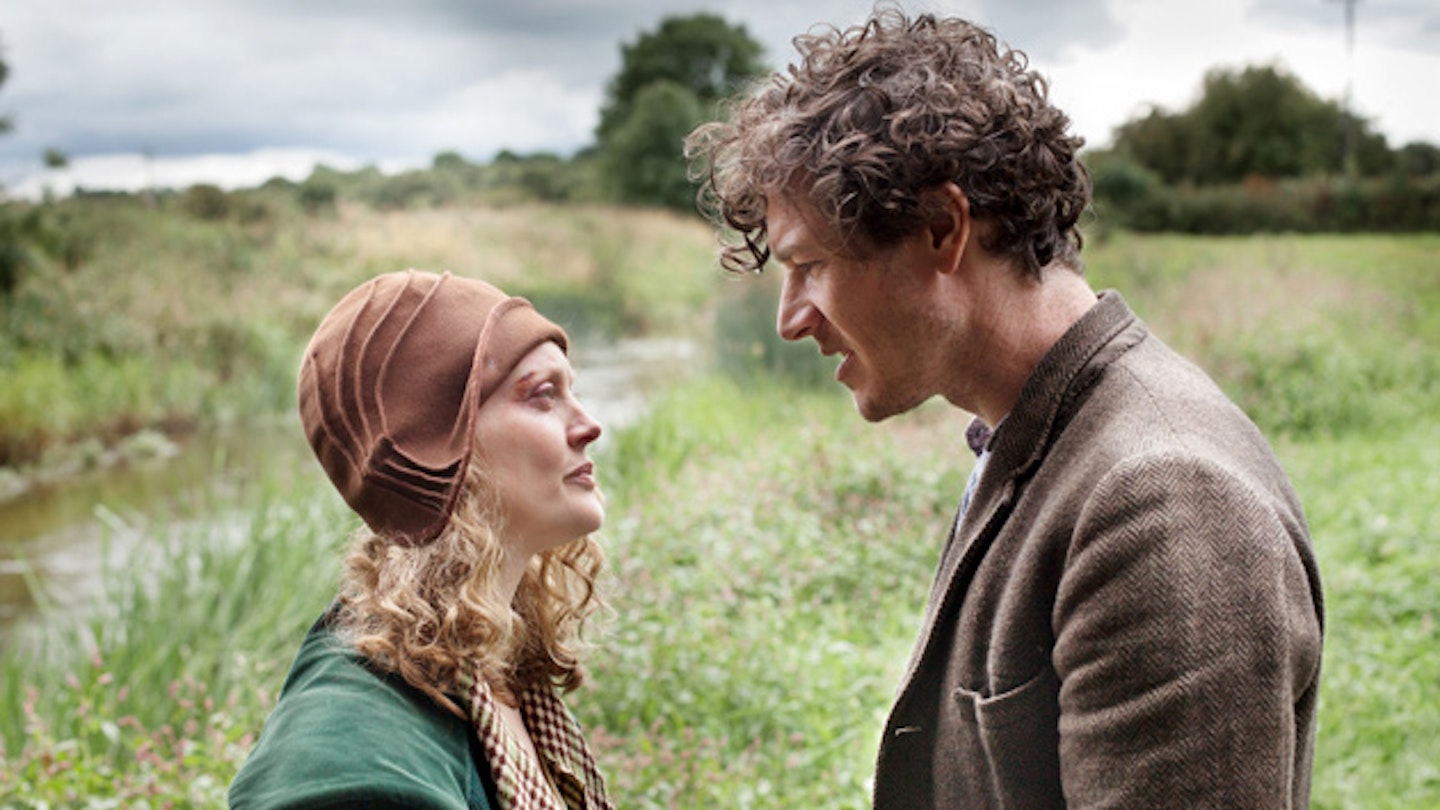Church and community clash in Ken Loach’s period drama Jimmy's Hall. Set in '20s and '30s Ireland, it stars a charismatic Barry Ward as real-life Irish communist leader Jimmy Gralton. We first meet Jimmy as the returning local hero, back from a decade’s exile in the States and enjoying modest celebrity status in his small town, what with his newly sophisticated ways and his possession of a record player. It transpires that Jimmy was forced on the run after angering the religious powers that be. His sin? Building a village hall that encouraged dancing, art and other things considered dangerously communist.
Reluctantly agreeing to rebuild the hall, Jimmy finds himself clashing with the bible-bashing Father Sheridan (Jim Norton), who is prone to preaching against the sins of dancing and the inevitable fornication that follows in a pulpit scene that feels awfully familiar... Yep, Footloose. (Now there’s a movie we never thought we’d ever connect to a Ken Loach film).
But there are distinct thematic similarities: locals just want to have innocent dances, priest sees it as a threat, singling out our ring-leading hero from the big bad city. There’s also a young girl banned from the hall by her religious father, and several dance numbers, although this being the '30s, Jimmy is more about the New York jazz. And, of course, this is a darker, more political affair – Jimmy’s liberty and life are at stake and some disturbing scenes hit hard.
On the whole it’s a touching, affectionate character portrait and a hearty plea for communal living, though the third act gets a bit muddled. Jimmy’s Hall isn’t as structurally slick as the likes of Sweet Sixteen and Looking For Eric, and there’s no big pay-off either. But it’s an enjoyable, beautifully-shot tribute with a strong turn from Ward and the supporting cast, most notably Sherlock’s Andrew Scott as the younger priest who’s more tolerant of the locals, ahem, cutting loose.
